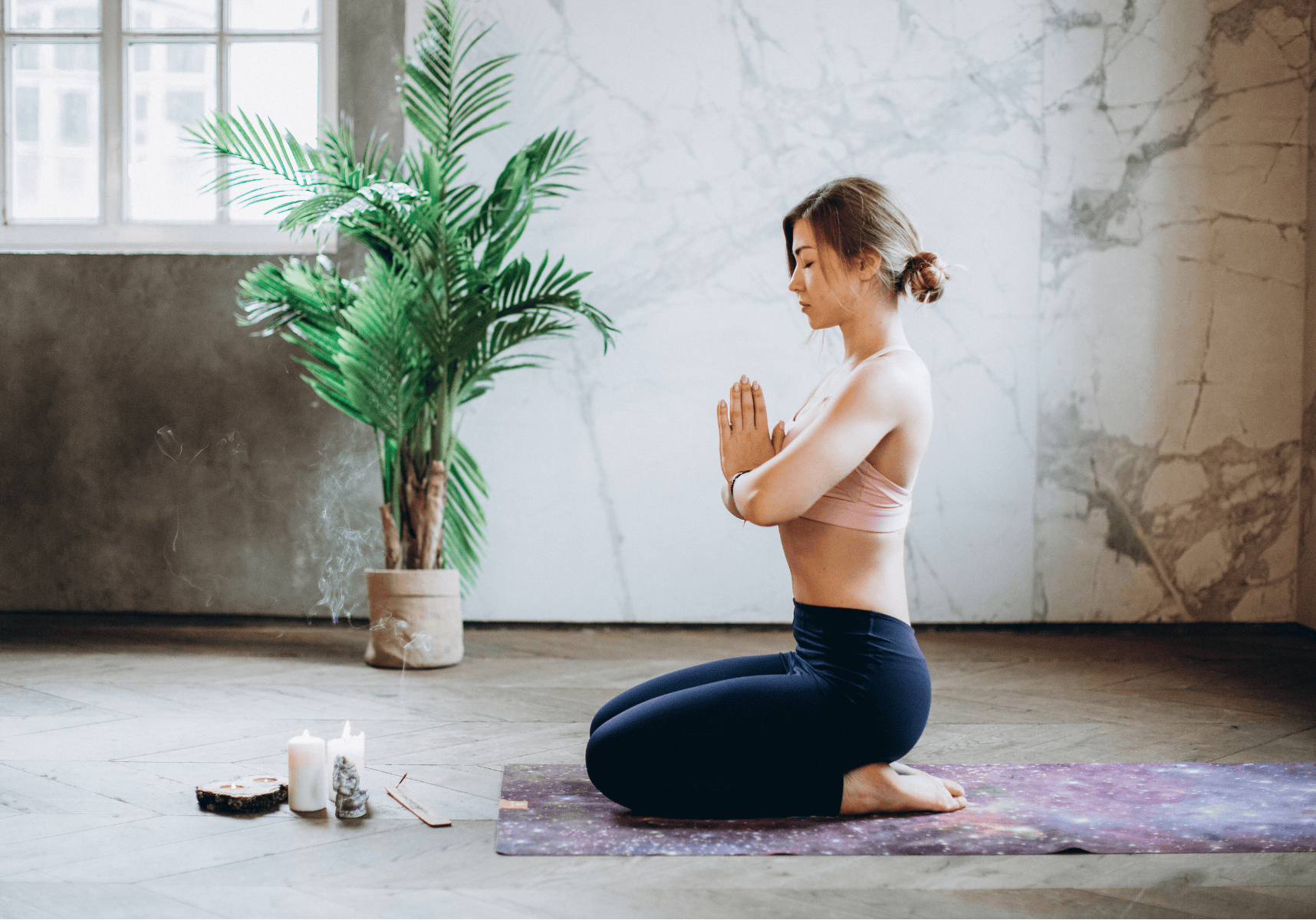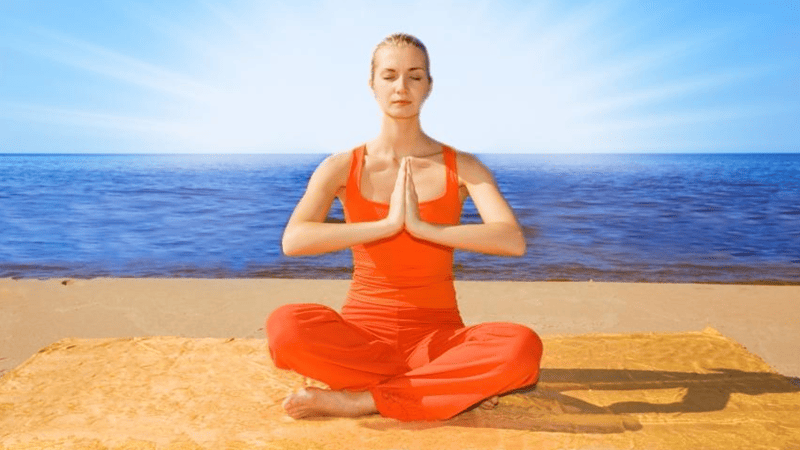
Can Yoga Be Considered Meditation?
Do you need a break from today’s busy world? Yoga and meditation offer great ways to recharge and relax without breaking the bank. However, with plenty of information out there, it can be confusing to know if they’re the same thing.
Reading time: 2 minutes
Can yoga be considered meditation? Explore these approaches and their health benefits to find what works best for you.
What Is Yoga?
Yoga is a mind-body practice that can help improve flexibility and strength. You may believe this exercise is only about stretching, but that isn’t true. It’s a holistic approach to healthy living, allowing you to connect with your body and mind.
There are many types of yoga, and most have a meditation element that lets you release pent-up energy. Different styles cater to various preferences.
What Is Meditation?
Meditation is the practice of training the mind to focus during moments of stress, anxiety or tension. By focusing on the present moment, you can observe your thoughts and feelings without being carried away. There are many ways to meditate, but it typically involves finding a quiet space, assuming a comfortable position and focusing attention on your breath, a mantra or an image.
Can Yoga Be Considered Meditation?
Meditation can be practiced independently, but yoga requires meditative practices. Practicing yoga without meditation means you could miss out on meditation's deeper, long-term advantages.
Think of it this way — meditation is specific, while yoga needs to incorporate that practice. For example, Shavasana (corpse pose) is a restorative position designed to relax the mind and body, similar to the benefits of meditation. A yoga class that involves breathing techniques, mindful movement and present-moment awareness is considered meditative exercise.
The Similarities of Yoga and Meditation
Both approaches share a common purpose — the cultivation of mindfulness. They provide sanctuary from the stresses of everyday life, letting you regain calmness. Furthermore, yoga and meditation offer mental and physical benefits, including:
- Stress management
- Anxiety relief
- Reduced depressive symptoms
- Mood regulation
- Improved sleep
Moreover, both techniques can be done anywhere and at any time.
Exploring the benefits.
The Differences Between the Two Approaches
Yoga uses Asanas (physical postures) to engage the body. This is why it’s often called a moving meditation, where posture and breathwork lead to deeper meditative states. Moreover, it can help:
- Provide relief from physical discomforts
- Lose weight
- Relieve menopause symptoms
Meanwhile, meditation solely focuses on mental awareness and stillness, promoting relaxation and introspection. It helps you learn more about yourself and your thought process.
Yoga or Meditation: Which Is Better for Me?
It depends on your needs. Consider the following to help you decide which practice suits you best:
- Holistic approach: If you want physical, mental and spiritual benefits, yoga is a good fit.
- Mental clarity: Do you always feel overwhelmed? Practicing meditation can help eliminate your stress and worries.
- Sense of community: Yoga can be practiced in group settings, allowing you to meet new friends. It can be a better choice if you find classes motivating and inspiring.
- Flexibility: Meditation doesn’t require equipment. You can also practice it anytime and anywhere, making it ideal for busy individuals.
Achieve Better Health With Yoga and Meditation
While these two approaches are different, they both help boost your well-being. Yoga can even be considered a form of meditation because of its mental health benefits. Try both practices and see what you enjoy most.





